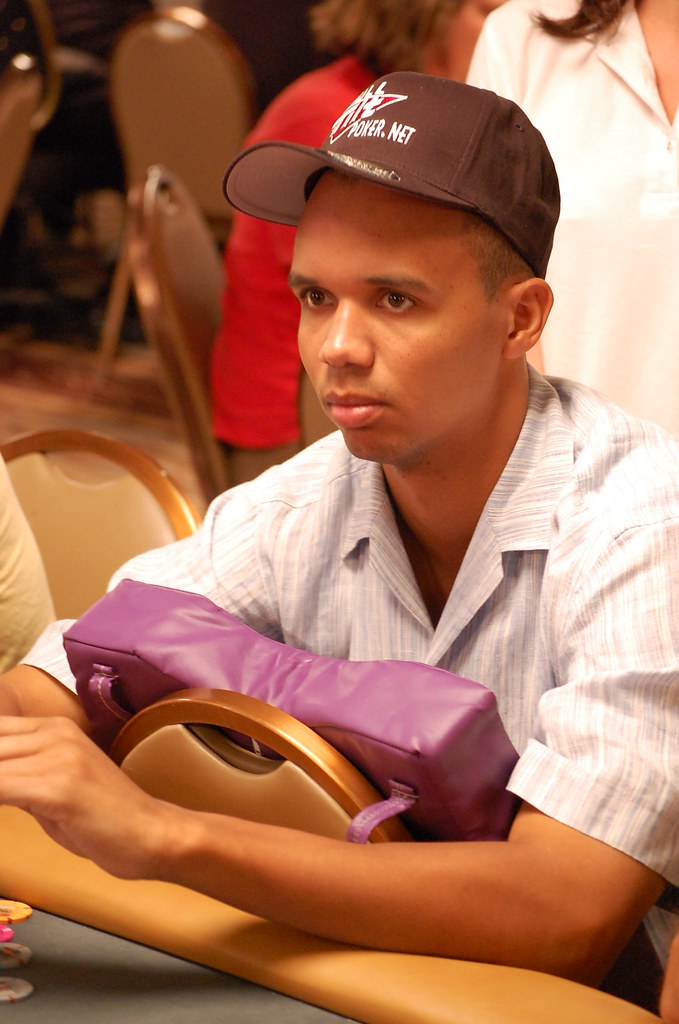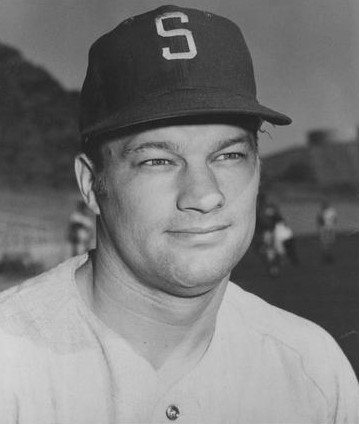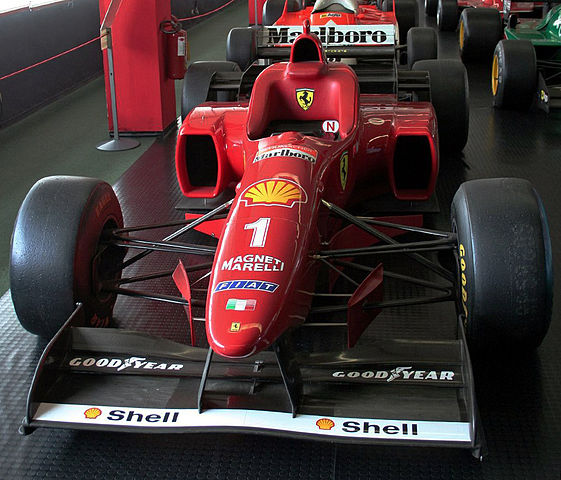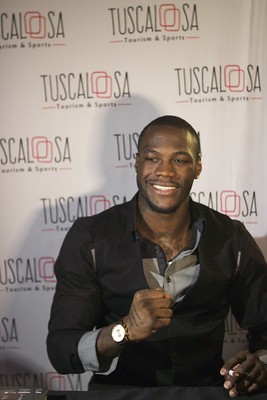Brad Booth vs. Phil Ivey - Is this the greatest bluff in history?
Professional poker is much more than luck. Yes, fate's influence and choosing what cards to deal you will always be key elements of the game. And the greatest champion won't win a tournament without good hands. And the weakest player will get ahead if luck covers him. But professional poker, apart from luck, is also a great strategy. The thousands of options to play each hand make it difficult for your opponent to predict if you know how to be varied. A good bluff can take you to a new level in the sport. But what is the best bluff in the history of Texas Hold'em poker?
The most common answer you'll get to this question is the big hand between Brad Booth and Phil Ivey. The two are at the same table, and the stakes are high, to say the least. The arena says it all – High Stakes Poker.
Booth's opening hand is far from dreamy. Brad gets a 4 and 2 of spades in his hand but plays aggressively and raises. This is welcome for one of the legends of professional poker - Phil Ivey. Phil has a Kink Kong in his hand (a pair of kings) and reraises his opponent to $14K from each of them. Despite the frankly weak hand, the Man with the Padlock wants to see the flop and calls. There appear 3, 6, and 7 of different suits. This gives Brad the option to wait for a 5 for a straight or potentially two more spades until the end of the hand that will bring him a flush. That's no small feat given Ivey's much stronger hand. Not to mention that the option of a three of a kind 2 or 4 is still possible. Phil Ivey bets $28,000, but the answer is surprising even to him. New raising of the stakes to 300 thousand! In percentage terms, the chance of Ivy winning the hand is 79 to 20. The one percentage to make the total 100 comes from the probability that the two have an equally strong hand at the end. But the great champion does not know this.
About two minutes of reflections on Ivy follow. His hand is extremely strong, and in theory there isn't much to fear on a low flop with three different suits on the table. Against only a potential hand of 4 and 5, Ivey has almost no chance of winning because that would mean a ready straight. At the end of the fateful two minutes, Phil gives up the hand. The winner is Brad Booth, who on the flop holds the weakest possible hand with these face ups. But that didn't really matter, because his phenomenal bluffing allowed him to take home approximately $1 million for himself in the end. And against one of the best! "I supposed he had a pair of kings and would throw in his cards," Booth himself commented years later.




